About 67 million eligible voters in Egypt went to the polls in the presidential election taking place from December 10 to 12 to choose the country's leader.
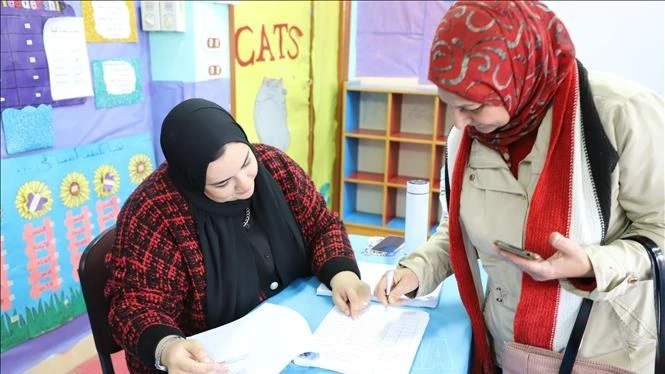
The election comes as Egypt faces economic hardship and serious security challenges in a volatile region. About 15,000 judges will oversee polling stations across the country.
This election saw a race between four candidates, including: incumbent President Abdel Fattah El-Sisi, who is running for a third term as an independent candidate; Chairman of the Egyptian Social Democratic Party Farid Zahran; Chairman of the Al Wafd Party Abdel-Sanad Yamama and Chairman of the Republican People's Party Hazem Omar. The four candidates have all presented a vision to improve the economy and raise people's lives during the next six-year presidential term.
According to France 24, current President El-Sisi pledged that if elected president for the next term, he will continue to step up the fight against terrorism to protect national security, as well as implement a comprehensive plan to promote synchronous development in the Sinai Peninsula.
President El-Sisi pledged to complete Egypt's Vision 2030, which focuses on political , economic and social reforms, including amending laws related to political rights and the activities of political parties. Egypt's Vision 2030 will also focus on reforming the judiciary and tackling corruption.
The election was held at a time when the Egyptian economy was in a difficult situation due to the negative impact of the Russia-Ukraine conflict and the Covid-19 pandemic, the local currency plummeted against the USD, foreign exchange reserves were scarce and inflation had been averaging over 30% since the beginning of 2023. National security faced many challenges, with a series of increasingly complex conflicts in the region such as the conflict in the Gaza Strip and political and security crises in Sudan, Libya and Yemen.
HUY QUOC
Source








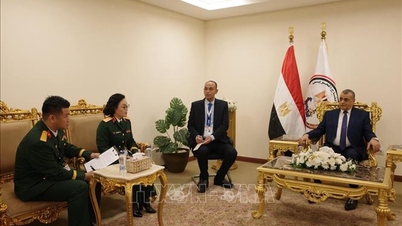

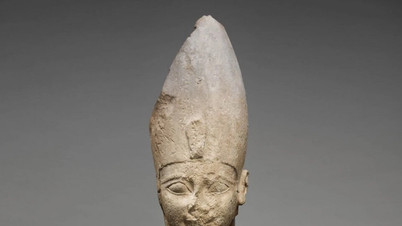



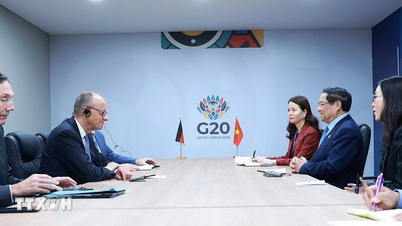
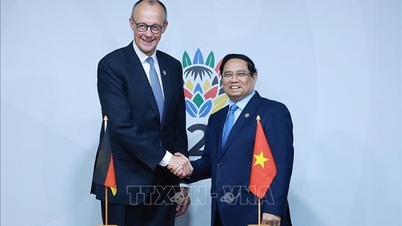
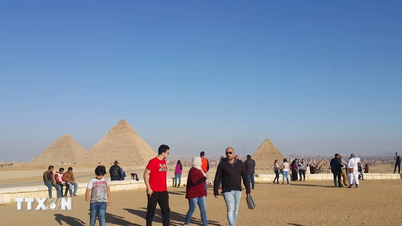







![[VIDEO] Save the Children helps children in Bac Ninh return to life soon after natural disasters](https://vphoto.vietnam.vn/thumb/402x226/vietnam/resource/IMAGE/2025/12/06/1765004276755_cu-u-tro-bn-2-cover20251206131142.jpeg)




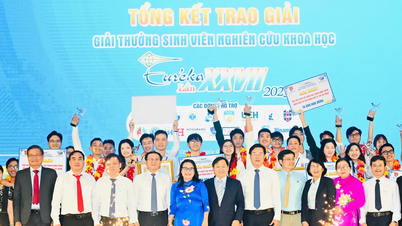
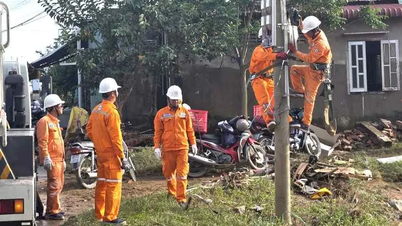

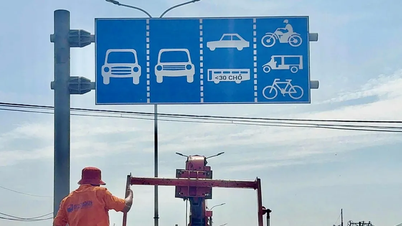
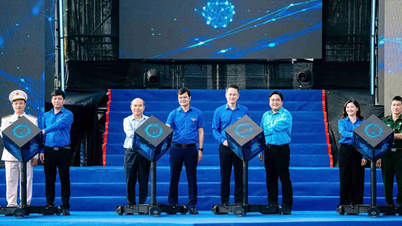






































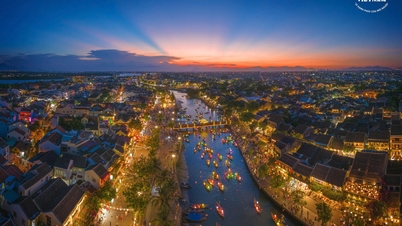
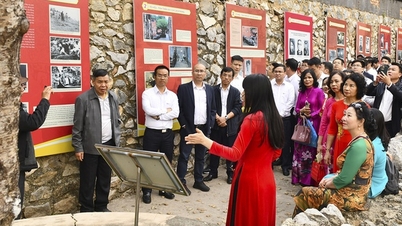







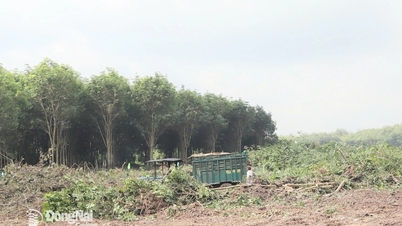

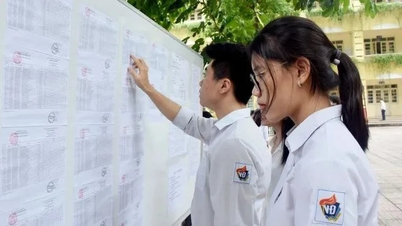

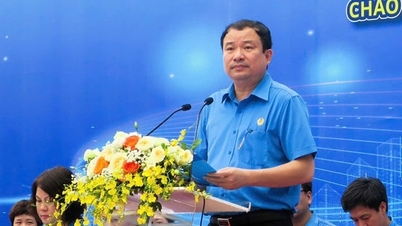

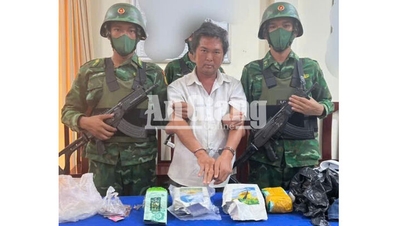


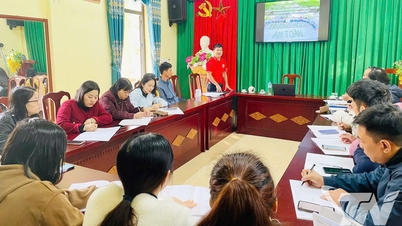


















Comment (0)